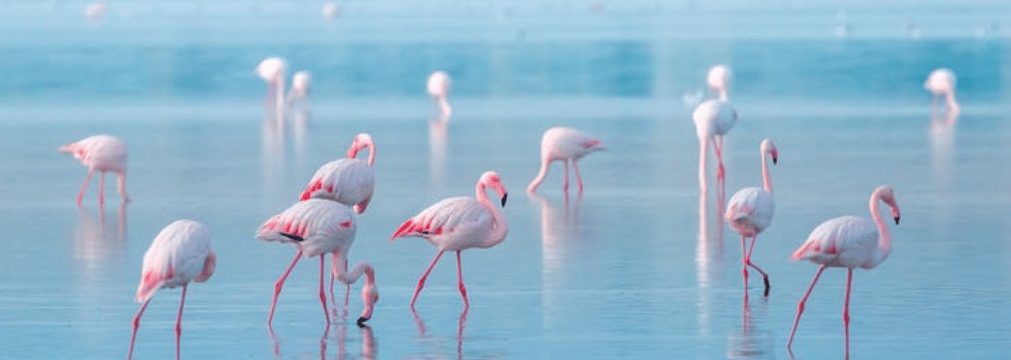Source: Michelle Lim, The Conversation, 16 July 2021, photo credit: Bojúrí
It’s no secret the world’s wildlife is in dire straits. New data shows a heatwave in the Pacific Northwest killed more than 1 billion sea creatures in June, while Australia’s devastating bushfires of 2019-2020 killed or displaced 3 billion animals. Indeed, 1 million species face extinction worldwide.
These numbers are overwhelming, but a serious global commitment can help reverse current tragic rates of biodiversity loss.
This week the UN’s Convention on Biological Diversity released a draft of its newest ten-year global plan. Often considered to be the Paris Agreement of biodiversity, the new plan aims to galvanise planetary scale action to achieve a world “living in harmony with nature” by 2050.
But if the plan goes ahead in its current form, it will fall short in safeguarding the wonder of our natural world. This is primarily because it doesn’t legally bind nations to it, risking the same mistakes made by the last ten-year plan, which didn’t stop biodiversity decline.
Read more
The South African Pork Producers’ Organisation (SAPPO) coordinates industry interventions and collaboratively manages risks in the value chain to enable the sustainability and profitability of pork producers in South Africa.







